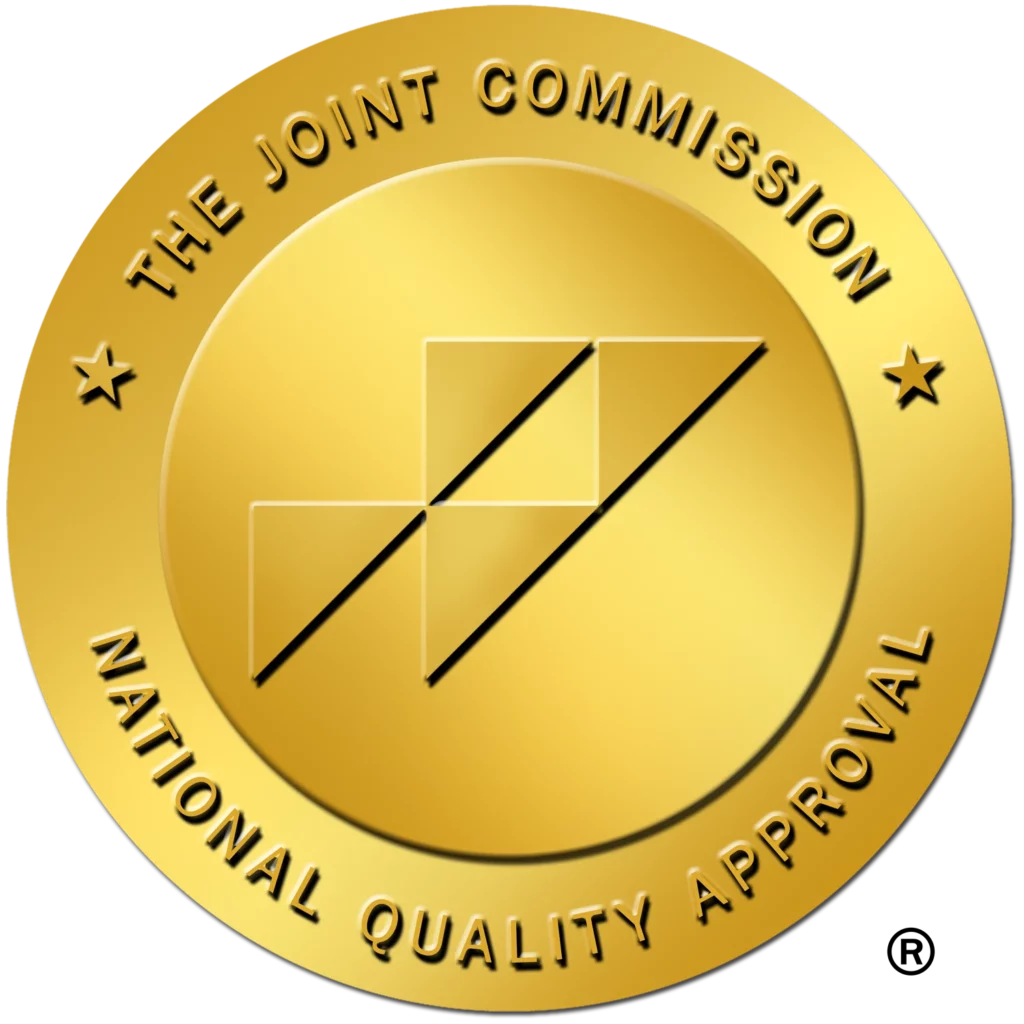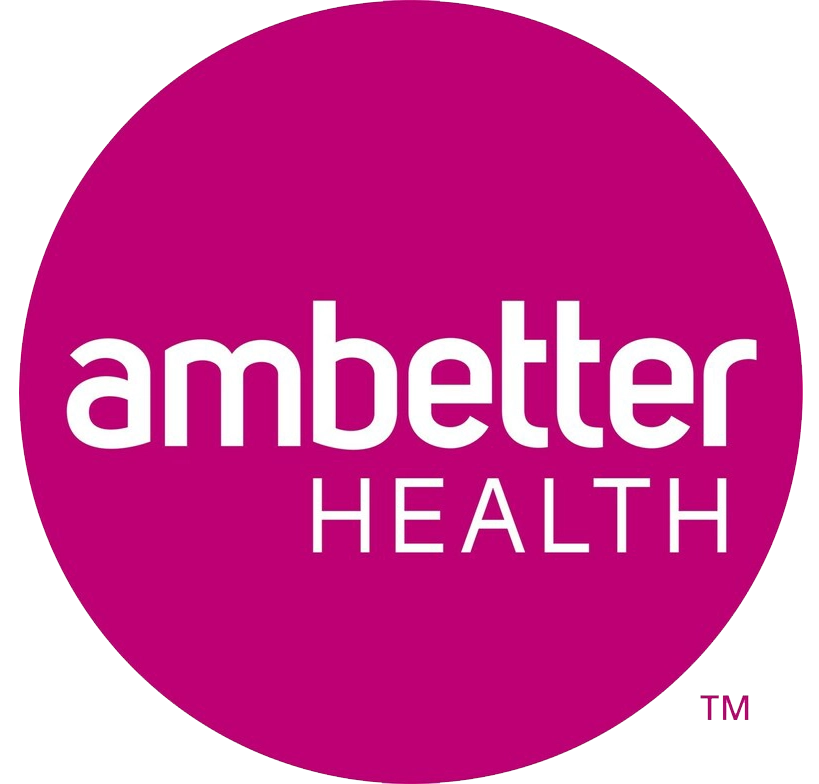Addiction Recovery Journey: Embracing Progress Over Perfection
This entry was posted in Addiction Recovery and tagged addiction recovery journey, progress over perfection on October 09, 2023 by Justin Baksh, MS, LMHC, MCAP, Chief Clinical Officer.

Addiction recovery is often misunderstood as a straight path that, once started, leads to a lifetime of sobriety. However, this perception not only simplifies a complex process, but also heaps unnecessary stress on those in recovery, their families, and even healthcare professionals. Addiction recovery is more like a journey—a winding road with ups, downs, successes, and setbacks.
Viewing addiction recovery as a journey shifts the paradigm in a more helpful (and accurate) direction. The focus is on progress, not perfection.
The Importance of Addiction Treatment
The conventional wisdom surrounding addiction recovery often presents it as a step-by-step process with a defined end goal: sobriety. This model is inherently linear. It suggests that once an individual commits to recovery, they proceed through a series of stages, culminating in a “cured” status. The emphasis here is on total abstinence from substance use, leading to a perceived state of perfection where addiction no longer has power.
5 Challenges of Traditional Addiction Recovery Views
While a goal-oriented approach has its merits, this traditional perspective poses several significant challenges:
- Unrealistic Expectations: The ideal of total, lifelong sobriety can be daunting and may set up individuals for failure. When they encounter inevitable bumps on the road, the contrast between their experiences and this lofty goal can be disheartening.
- Pressure to Perform: The burden of achieving a ‘perfect recovery’ can lead to excessive stress, affecting those in recovery both mentally and physically. Stress is a key factor in relapse, creating a counterproductive cycle.
- Impact on Relationships: Family and friends, influenced by the same cultural narratives, may also hold unrealistic expectations. This adds relational stress to the already-complex journey of recovery.
- Professional Dilemmas: Healthcare providers who are tasked with guiding individuals through recovery may also experience frustration and burnout when their efforts do not yield the “perfect” result. This can inadvertently affect the quality of care and the therapeutic relationship.
- Stigmatization: When recovery is perceived through the lens of perfection, any deviation or setback can be stigmatizing. Individuals may feel like they have failed, which only serves to reinforce negative self-beliefs that can hinder the recovery process.
The problem with this one-size-fits-all approach is that it often leans on standardized treatment plans and timelines. However, addiction is a complicated issue, with biological, psychological, and social elements. A one-size-fits-all strategy fails to account for the individual variability in experiences, challenges, and rates of progress.
The Paradigm Shift: Addiction Recovery as a Journey
The advantages of adopting a journey-based perspective are many:
5 Challenges of Traditional Addiction Recovery Views
While a goal-oriented approach has its merits, this traditional perspective poses several significant challenges:
- Personal Growth – A journey-oriented approach encourages self-discovery and personal growth. Individuals are not just abstaining from substances; they’re also developing the skills to handle life’s challenges.
- Flexibility – This perspective allows for flexibility, giving individuals the freedom to find what methods, techniques, and forms of support work best for them.
- Reduced Stigma – Viewing recovery as a journey is important in reducing the stigma around addiction. When setbacks are seen as a part of the learning process rather than failures, individuals can address them more openly.
- Enhanced Resilience – Understanding that the road will have bumps and turns can prepare individuals emotionally, making them more resilient in the face of setbacks.
Embracing Progress Over Perfection
“In a growth mindset, people believe that their most basic abilities can be developed through dedication and hard work—brains and talent are just the starting point. This view creates a love of learning and a resilience that is essential for great accomplishment.“
– Justin Baksh, LMHC, MCAP
The concept of recovery as a journey aligns closely with theories around the growth mindset, which emphasizes the belief that abilities and intelligence can be developed over time. A key tenet of this is embracing challenges as opportunities for growth. Viewing addiction recovery as a journey can instill a growth mindset, enriching the emotional and psychological experiences of individuals.
The Role of Progress

At the heart of viewing addiction recovery as a journey lies the concept of embracing “progress over perfection.” This notion serves as an antidote to the pressures and unrealistic expectations often associated with the traditional view. By shifting the focus from achieving a perfect outcome to making consistent progress, individuals, families, and professionals alike can approach addiction recovery with greater understanding and compassion.
By taking the focus off an unattainable ideal, individuals can concentrate on the progress they’re making—no matter how small. This shift in focus is empowering, transforming challenges into stepping stones toward recovery, rather than stumbling blocks.
The Psychology of Progress
Making progress, even if incremental, has been shown to improve motivation and emotional well-being. According to Teresa Amabile and Steven Kramer’s The Progress Principle, small wins or advances can generate positive inner work life and build long-term commitment.
Translating this to addiction recovery, even the smallest milestones—such as going one more day sober or successfully using a coping strategy—can offer a motivational boost that can sustain an individual through the journey.
Tangible Benefits of Focusing on Progress
- Enhanced Self-Compassion: By focusing on progress, individuals learn to forgive themselves for setbacks and treat themselves with kindness, thereby enhancing self-compassion.
- Increased Autonomy: This approach empowers people to manage of their recovery Instead of being dictated by rigid standards, they have the autonomy to define what recovery looks like for them.
- Improved Support: For families and healthcare providers, a focus on progress over perfection allows them to offer more tailored and empathetic It enables a more nuanced understanding of the individual’s needs and experiences.
Practical Strategies for Emphasizing Progress
- Regular Reflection: Implementing regular periods of reflection can help individuals recognize and appreciate their progress. This can be facilitated through journaling or mindful contemplation.
- Support Network: Building a strong support network that values progress can help reinforce the importance of each step forward. This could include family, friends, and healthcare providers trained in compassionate care.
- Goal-Setting: Rather than aiming for broad, long-term goals like total sobriety, breaking it down into smaller, achievable milestones can make the process less daunting and more
Implementing the Journey-Based Model in Clinical Practice and Family Dynamics
Healthcare providers can greatly benefit from adopting a journey-based perspective in their approach to addiction recovery. Here are some ways to put this model into practice:
- Individualized Treatment Plans: Clinicians can develop tailored treatment plans that focus on the individual’s specific needs, goals, and pace, allowing room for adjustments as they progress in their journey.
- Mindfulness and Reflective Practices: Encouraging mindfulness and other reflective practices can help individuals become more aware of their progress, reinforcing the focus on the journey rather than the destination.
- Continuous Support: Adopting long-term follow-up practices, rather than discharging patients once they reach a certain milestone, provides continuous encouragement and validation of progress. Long-term treatment and alumni programs aid can be imminently helpful with this.
- Professional Training: Training healthcare providers to adopt this model can have a lasting impact on the quality of care. This aligns well with current efforts to implement person- centered care in healthcare settings.
The family also plays a crucial role in supporting an individual’s journey through recovery. Here’s how they can adopt a journey-based approach:
- Education: Understanding addiction as a complex, multifaceted issue is the first Family members can seek out literature or counselling to educate themselves about the journey-based model.
- Open Dialogue: Encouraging open communication about progress, challenges, and experiences can build trust and mutual understanding, emphasizing the concept of progress over perfection.
- Community Programs: Families can also benefit from community support programs that adopt this model, offering a more compassionate framework for supporting their loved
Overcoming Challenges and Celebrating Milestones
Despite the many advantages of the journey-based model, individuals and support networks may face some challenges:
- Initial Resistance: A change in perspective might be met with resistance from those accustomed to traditional models, whether that’s healthcare providers or family members.
- Overemphasis on Flexibility: While the journey-based model encourages flexibility, it’s crucial not to mistake this for laxity or absence of structure.
- Navigating Relapses: Viewing recovery as a journey can make the emotional toll of relapses less overwhelming, but it’s important to have coping mechanisms in place.
There are ways to navigate these challenges, however, including:
- Education and Awareness: Both healthcare providers and families should invest time in understanding the journey-based model to navigate these challenges effectively.
- Balancing Flexibility with Accountability: It’s crucial to find a balance where the individual has the autonomy to make choices but also adheres to recommended treatments and sources of support.
- Crisis Plans: Having a pre-established plan for managing relapses or setbacks can make the journey smoother and less traumatic.
Remember to celebrate every milestone. This will reinforce your progress. You can do this through:
- Acknowledgement: Each step forward, however small, is worth Whether it’s one week of sobriety or successfully employing a coping strategy, these milestones should be acknowledged.
- Shared Celebrations: Encouraging communal celebrations involving healthcare providers, family, and support groups can amplify the feeling of accomplishment.
- Reflection: Using milestones as opportunities for reflection can offer individuals a clearer view of their progress, further motivating them for the journey ahead.
Addiction Recovery Journey: The Bottom Line
The journey-based model for addiction recovery is not an alternative means of treatment. It is a necessity for addressing the multi-dimensional challenges of addiction.
Individuals are freed to celebrate small victories as well as learn from setbacks. There is room for growth, self-compassion, and continual improvement. Undue pressure is relieved from individuals in recovery, while families and professionals have a more realistic framework within which they can offer support.
As we look toward the future, embracing this approach holds the promise of transforming not only individual lives but also our collective understanding and treatment of addiction. It advocates for a more compassionate society where progress is celebrated, setbacks are navigated with empathy, and the journey of recovery is honoured as one of enduring growth and human potential.
RELATED: Do you ever get over addiction?
What an addictive personality really is?
Will you ever feel happy again after an opioid addiction?










